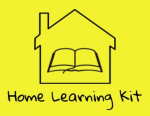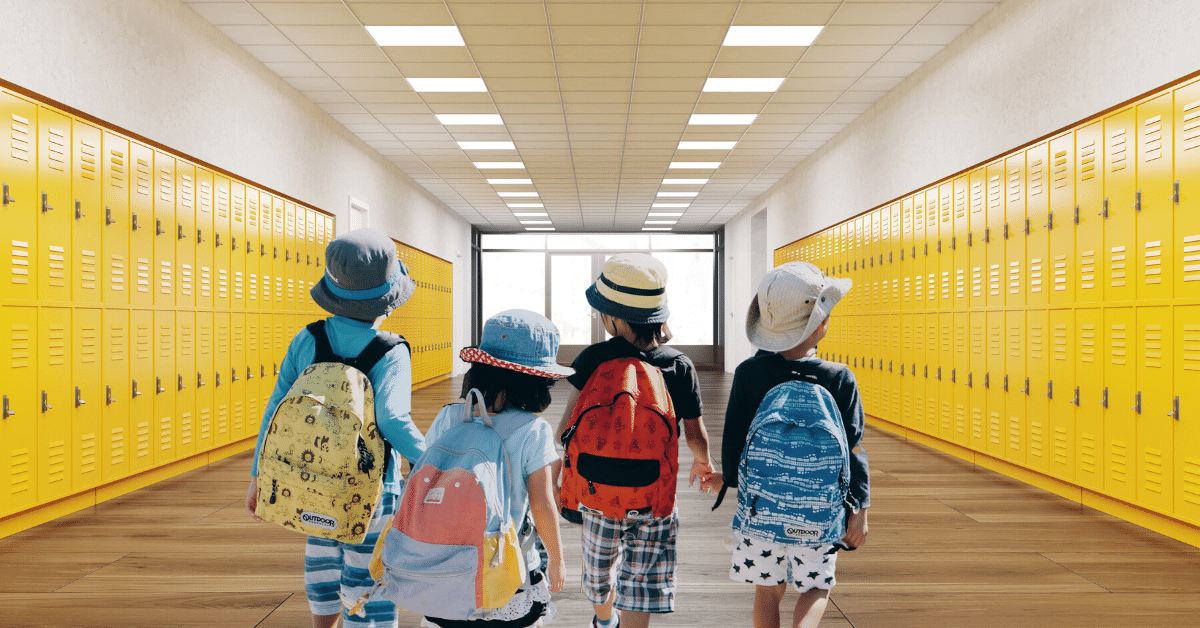Homeschooling has been around as a formal education option for decades, yet there are still some myths floating around about its benefits and negative aspects. A very common objection to homeschool is the idea that it will create weird, anti-social people incapable of fitting in because they weren’t “properly socialized” in school. So does homeschooling affect social skills?
The answer is Yes, but not in the way that you might expect. In fact, homeschoolers tend to have better social skills than their peers from traditional schools. Below, I’ll debunk the myth that homeschoolers aren’t learning to socialize and provide some research to show what experts are actually seeing.
The Myth: Homeschool Kids Aren’t Socialized
If you’ve ever discussed your plans to homeschool your kids with others, I’m sure you’ve heard this objection:
“Aren’t you worried your child won’t be properly socialized?”
Maybe you’ve had this thought yourself when you first considered homeschooling as a possibility for your family. But is this really an accurate representation of homeschooling?
The answer is a resounding NO!
Let’s consider a few things.
What Does Traditional School Socializing Look Like?
As a former teacher, I can tell you that regular schools are not designed to teach your kids how to socialize and interact well. Mainly, they’re designed to keep children in order so the teacher can prepare them for a standardized test and make his or her principal look good. I think most of us know what this looks like:
- Children are grouped by age: Typically, this means a child will mainly interact with the same group of children for at least eight years if they stay at the same school.
- Children have limited interaction with adults: An elementary student will spend around six hours a day with their one teacher and maybe a teacher’s aid. Special subject teachers (music, PE, art, etc.) will be seen once a week for an hour.
- Be quiet and focus: Students have to sit at their desk and listen to the lecture. When doing work, interaction with other students is usually discouraged (you’re a distraction).
- Lunch and Recess: Largely the only time during the school day that a child can interact with kids of other ages. Unfortunately, this is also the time a child may experience bullying when loosely supervised. (School is often the only time a person will experience physical violence in their lives.)
- Afterschool Clubs and Sports: Really the only time a child may receive more broad social interaction with other children of different ages and adults other than the teacher. (Many state homeschool laws require that public school sports and activities be available to homeschoolers).
What Does Homeschool Socializing Look Like?
Homeschooling provides the opportunity for much broader social interaction and experiences. Of course this depends on you as a parent to make these opportunities available to your homeschooler.
- Children of all ages together: If you have more than one child, homeschoolers will have lessons and interactions with other age groups in your own home. There are also several homeschool groups and co-ops (often organized through Facebook) that will have lessons, activities, and events from local experts or other parents for children of all ages. Don’t forget about public library events like story times, as well.
- Children can regularly interact with several adults: In addition to the events set up through homeschool groups, many homeschool families will participate in community service and volunteer activities on a regular basis. This provides ample opportunity for children to meet members of their communities and churches.
- Afterschool Clubs and Sports: As mentioned above, many states require public schools to open their clubs and athletics to homeschoolers as well (homeschoolers still pay taxes, after all). Plus, there are all the other activities not tied to public schools like Boy Scouts/Girl Scouts, 4H Club, club sports, parks and recreation programs, and more.
The Truth: Homeschool Kids are Socially Better Off
If you’re like my husband, you want to see the data behind a claim (he’s kind of a nerd). As it turns out, there have been several studies that indicate homeschooling does affect social skills positively. The National Home Education Research Institute (NHERI) summarizes recent findings from Michal Unger Madara and Iris BenDavid-Hadar in their article, Does Homeschooling Improve Social Competencies and Creative Thinking among Children? I’ll let you read the article for full details, but to summarize, the researchers found homeschooled children have “higher levels of social competencies than students attending public schools”. Not only that, but they scored even higher in social competencies if they had more siblings.
Another review of several research studies also identified positive social development in nearly all cases. Across the studies, homeschoolers exhibited better social traits such as lower depression, less underage drinking and abuse of drugs, cooperation, self-control, managing life challenges, and communication.
Wrapping Up
Yes, homeschooling affects social skills. I think most people already realized that homeschoolers are more advanced academically than their peers in public schools, but we can also see they’re better prepared for social interaction too. Of course, we need to keep in mind that any development for your kids in homeschool is dependent on what you present to them. Get your kids involved in your church and community, clubs, and sports so they can practice their social skills.
If you didn’t know, I have a curated set of learning tools that you can use with your homeschool curriculum to make your home classroom more engaging and fun. Check it out!

The Home Learning Kit
Simplify your homeschool prep with a package of tools and resources to help make your homeschool more fun and engaging.
Let me know how your lessons are going on social media. What activities does your homeschool do to get your kids socializing?

